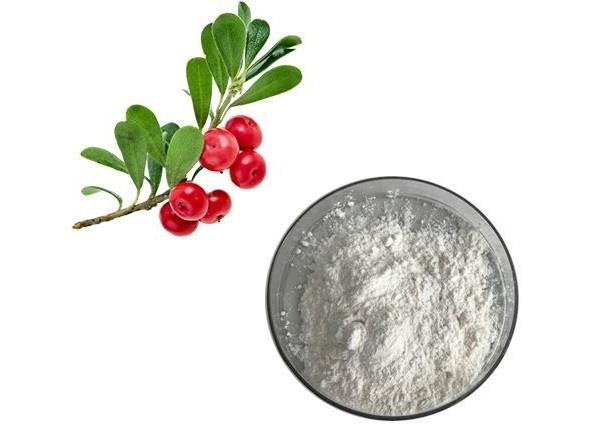Properties and health concerns of Polyvinyl chloride
Apr 24,2022
Polyvinyl chloride (PVC, or vinyl) is used in a variety of applications in the building and construction, health care, electronics, automobile and other sectors, in products ranging from piping and siding, blood bags and tubing, to wire and cable insulation, windshield system components and more.
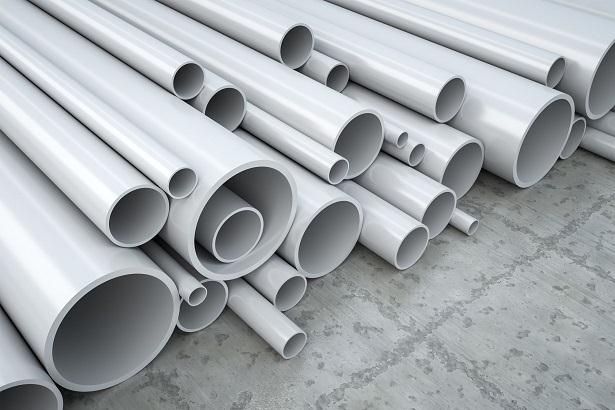
Properties
PVC is a thermoplastic polymer. Its properties are usually categorized based on rigid and flexible PVCs.
Mechanical
PVC has high hardness and mechanical properties. The mechanical properties enhance with the molecular weight increasing but decrease with the temperature increasing. The mechanical properties of rigid PVC (uPVC) are very good; the elastic modulus can reach 1500–3,000 MPa. The soft PVC (flexible PVC) elastic limit is 1.5–15 MPa.
Thermal and fire
The heat stability of raw PVC is very poor, so the addition of a heat stabilizer during the process is necessary in order to ensure the product's properties. Traditional product PVC has a maximum operating temperature around 60 °C (140 °F) when heat distortion begins to occur.[28] Melting temperatures range from 100 °C (212 °F) to 260 °C (500 °F) depending upon manufacture additives to the PVC.
Electrical
PVC is a polymer with good insulation properties, but because of its higher polar nature the electrical insulating property is inferior to non-polar polymers such as polyethylene and polypropylene.
Since the dielectric constant, dielectric loss tangent value, and volume resistivity are high, the corona resistance is not very good, and it is generally suitable for medium or low voltage and low frequency insulation materials.
Produce
PVC is produced in two general forms: a rigid or unplasticized polymer (RPVC or uPVC), and the second as a flexible plastic. In its base form, PVC is characterized by its rigid yet brittle structure. While the plasticized version holds various uses across multiple industries, the rigid version of PVC also has its share of uses. Industries such as plumbing, sewage, and agriculture can utilize rigid PVC across many functions.
Base Forms and Functions of Polyvinyl Chloride (PVC)
Flexible, plasticized, or regular PVC is softer and more amenable to bending than uPVC due to the addition of plasticizers like phthalates (e.g., diisononyl phthalate or DINP). Flexible PVC is commonly used in construction as insulation on electrical wires or in flooring for homes, hospitals, schools, and other areas where a sterile environment is a priority. In some cases, PVC can act as an effective replacement for rubber. Rigid PVC is also used in construction as a pipe for plumbing and siding, commonly referred to by the term "vinyl" in the United States. PVC pipe is often referred to by its "schedule" (e.g., Schedule 40 or Schedule 80). Significant differences between the schedules include things like wall thickness, pressure rating, and color.
Some of PVC plastic's most important characteristics include its relatively low price, its resistance to environmental degradation (as well as to chemicals and alkalis), high hardness, and outstanding tensile strength for plastic in the case of rigid PVC. PVC remains widely available, commonly used, and easily recyclable.
Disadvantages of PVC
Not all that glitters is gold, and PVC is no exception. There are some downsides to the use of this material, which include:
Environmental concerns
PVC is non-biodegradable, making it an environmental pollutant. It induces land pollution because plastic does not disintegrate. It causes air pollution because when it’s burned, it emits dioxin and hydrogen chloride — highly toxic chemicals to the environment.
Note: Thankfully, at RugPadUSA, we make our PVC rug pads like the Anchor Grip using soybean and bio-based fillers. This is to avoid using plasticizers like phthalates.
Health and safety concerns
Because of the toxic chemicals released by PVC during its manufacturing process, use, and disposal, it can be a threat to human health.
Toxins like phthalates and dioxins cause myriad illnesses such as hormonal imbalances, respiratory health effects, and in extreme cases, cancer.
Heat sensitivity
PVC has low thermal stability, making it heat sensitive. When subjected to consistently high levels of heat, it degenerates. (Which is why we don’t recommend our Anchor Grip pad for radiant heat flooring.)
Manufacturers can improve its heat stability by introducing certain stabilizers like lead, cadmium, and zinc. These additives prevent the degradation of PVC when exposed to heat.
What is PVC used for?
PVC’s versatility makes it common in the production of many items ranging from rug pads to toys and even in piping and construction. Here’s a quick run-down of some PVC products.
Sustainability
PVC is made from fossil fuels, including natural gas. The production process also uses sodium chloride which results in a polymer containing 57% chloride content. Recycled PVC is broken down into small chips, impurities removed, and the product refined to make pure PVC.[36] It can be recycled roughly seven times and has a lifespan of around 140 years.
- Related articles
- Related Qustion
- Polypropylene and Polyvinyl chloride: Which one is better? Mar 21, 2024
In many cases, PP and PVC can be used interchangeably.
Tetrabutylammonium chloride is an organic chloride salt comprising of a tetrabutylammonium cation and chloride anion.....
Apr 22,2022Organic Synthesis IntermediateUrsolic acid (UA) is a well-studied natural pentacyclic triterpenoid found in herbs, fruit and a number of traditional Chinese medicinal plants. UA has a broad range of biological activities and numerous potential health benefits.....
Apr 24,2022Biochemical EngineeringPolyvinyl chloride
9002-86-2You may like
- polypropylene vs polycarbonate
Mar 18, 2024
- What is sodium chlorite used for?
Mar 16, 2024
- What is chlorine dioxide used for?
Mar 16, 2024
Polyvinyl chloride manufacturers
- PVC
-
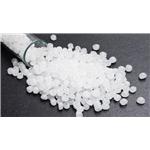
- $1400.00 / 5tons
- 2024-04-23
- CAS:9002-86-2
- Min. Order: 1tons
- Purity: 99%
- Supply Ability: 100tons
- PPgranule
-
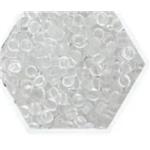
- $1500.00 / 1Tons
- 2024-04-23
- CAS:9002-86-2
- Min. Order: 1Tons
- Purity: 99.99%
- Supply Ability: 100Tons
- Polyvinyl chloride
-
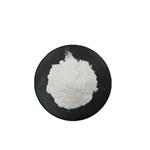
- $6.00 / 1KG
- 2024-04-22
- CAS:9002-86-2
- Min. Order: 1KG
- Purity: More than 99%
- Supply Ability: 2000KG/Month




